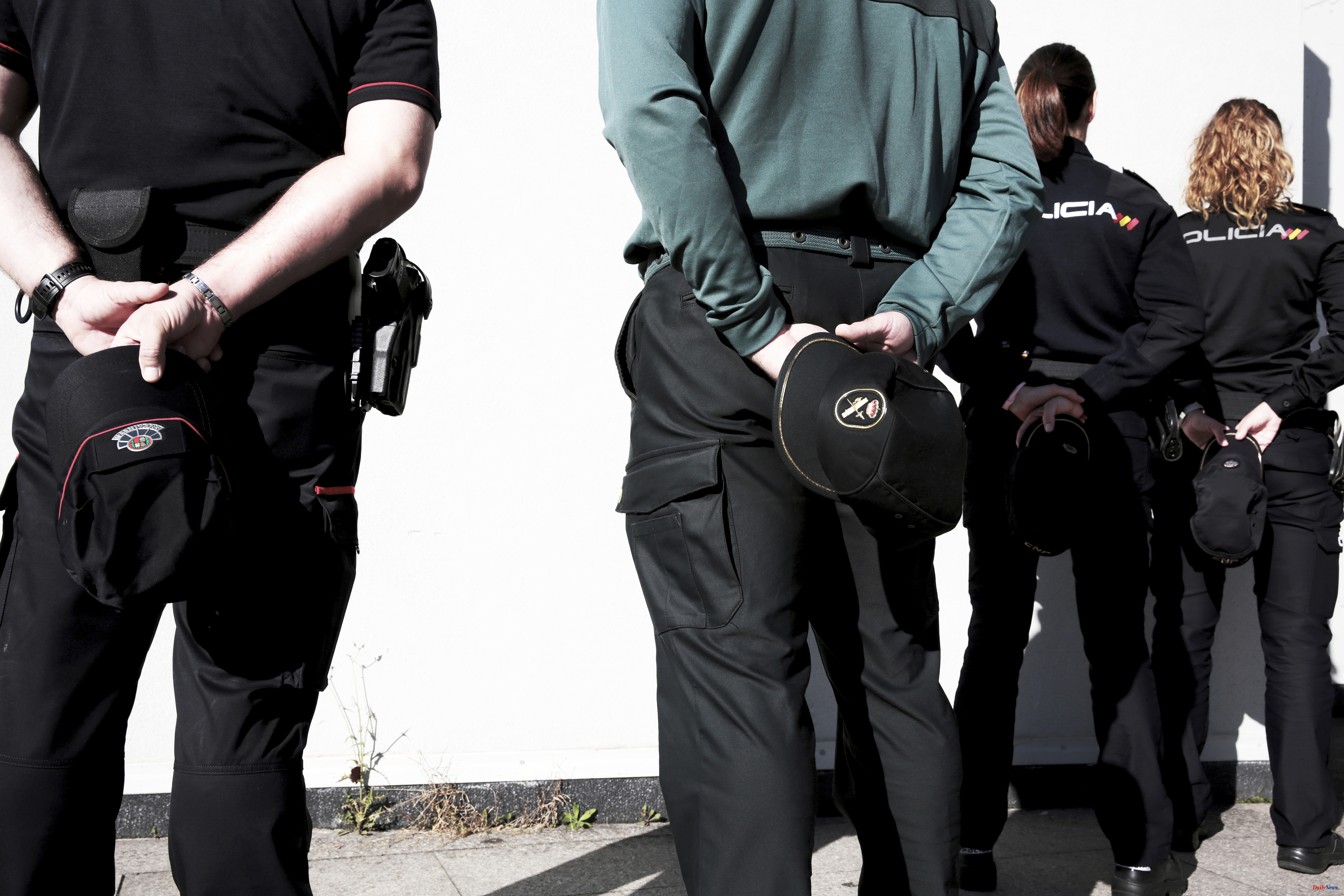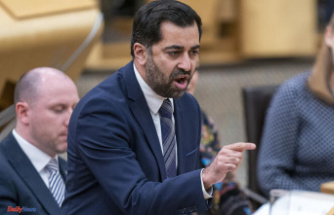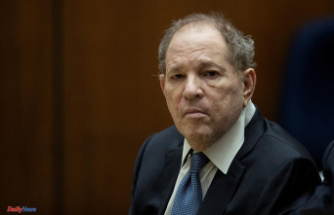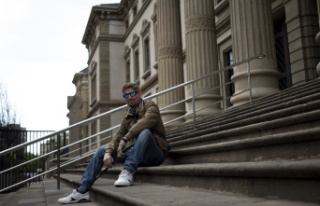You can be a good/good police officer or civil guard and at the same time have bunions, scoliosis or intraocular lenses. The courts have been systematically agreeing for years with opponents of police and civil guards excluded for medical reasons.
For three years, there are already hundreds of sentences against the Interior that prove this fact. Without going any further, only this past Thursday the Superior Court of Justice of Madrid notified a record number: at least 48 sentences in the same day that agreed with the opponents and took it away from the Ministry.
Both the General Directorate of the Police and the Civil Guard often continue to exclude candidates due to medical circumstances that should have been set aside a long time ago. A policy that, however, contradicts what the Council of Ministers of this Government approved in 2018.
The bulk of these latest sentences comes from the Contentious-Administrative Chamber of the TSJM. In many of them, to which this newspaper has had access, the magistrates argue that the medical reports for the exclusion of the applicants are "scarce and not sufficiently motivated", or "contain totally insufficient generalities" and are full of "generic considerations ».
As explained in the Suárez-Valdés law firm, which is one of the benchmarks for opponents who promote litigation against the department led by Fernando Grande-Marlaska, the breach of the policy approved by the Council of Ministers itself in 2018 " it's constant".
In addition, there is numerous doctrine of the Supreme Court contrary to excluding applicants for police and civil guard for reasons such as having diabetes or wearing intraocular lenses. And not only in those cases, but also in those with much more serious ailments. At least, the jurisprudence says that they must be admitted unless it is justified that they may prevent them from carrying out their future work normally.
As explained by the lawyer Antonio Suárez-Valdés, “there have been at least 30 sentences in recent months for intraocular lenses, but there are many other cases such as carrying a small plate in a bone due to a fracture suffered years ago, scoliosis without any kind of condition, have bunions, or have overcome a tumor and be fully recovered.
In addition, as indicated by the lawyer and can be read in the sentences, one of the characteristics of these excluded opponents is that they had all already passed the physical tests of the Police or the Civil Guard. It must be remembered that these are quite demanding tests and thousands of completely healthy people attend them who fail to pass them.
However, when the time comes for the medical examination, many are left out just because they know their diagnoses, without justifying whether this could affect their performance.
With some exceptions, the Superior Court of Justice of Madrid is the one where almost all these disputes fall, since they are against resolutions signed by the general director of the Police or the general director of the Civil Guard. The TSJM has recognized the right of its applicants to be reinstated in the opposition, but also "there are other TSJs throughout Spain that are also working along the same lines," adds Suárez-Valdés.
On November 30, 2018, the Council of Ministers approved an "update of the medical causes of exclusion in access to public employment". As Moncloa explained at the time, the measure was something that "this government has wanted to address to put an end to historical discrimination that more than seven million people have been enduring."
The change was going to be applied as of 2020 and was going to affect above all applicants to Security Forces and Bodies, Penitentiary Institutions, Armed Forces and Customs Surveillance. That is to say, professions that are the responsibility of the Interior, Defense and the Tax Agency. At that time, the Council of Ministers approved leaving those affected by HIV, diabetes, celiac disease or psoriasis out of the causes of exclusion, but it was also decided that all the other causes foreseen in the exclusion catalogs would be reviewed and updated. doctors in each ministry.
To review these causes, the creation of an inter-ministerial working group was announced, which sought to promote and monitor this agreement. In the case of the Interior, it seems that the pact proposed by the then Minister of Territorial Policy and Public Function, Meritxell Batet, today president of the Congress of Deputies, has not been taken into account.
It should be remembered that the Council of Ministers adopted this measure after having the support of all the parliamentary groups, according to Moncloa, and abundant jurisprudence that has historically endorsed many opponents. In a large number of the current sentences against the Interior, reference is made precisely to this agreement of November 2018.
Currently, the jurisprudence is even greater, but, as Suárez-Valdés indicates, "the Ministry of the Interior has been systematically violating the doctrine of the Supreme Court, according to which, to exclude an opponent from a selection process for health reasons, The Administration must prove, beyond any doubt, that his pathology is of such intensity or severity that it disables, impairs or hinders the exercise by the person affected of the tasks of his profession.
According to the criteria of The Trust Project












